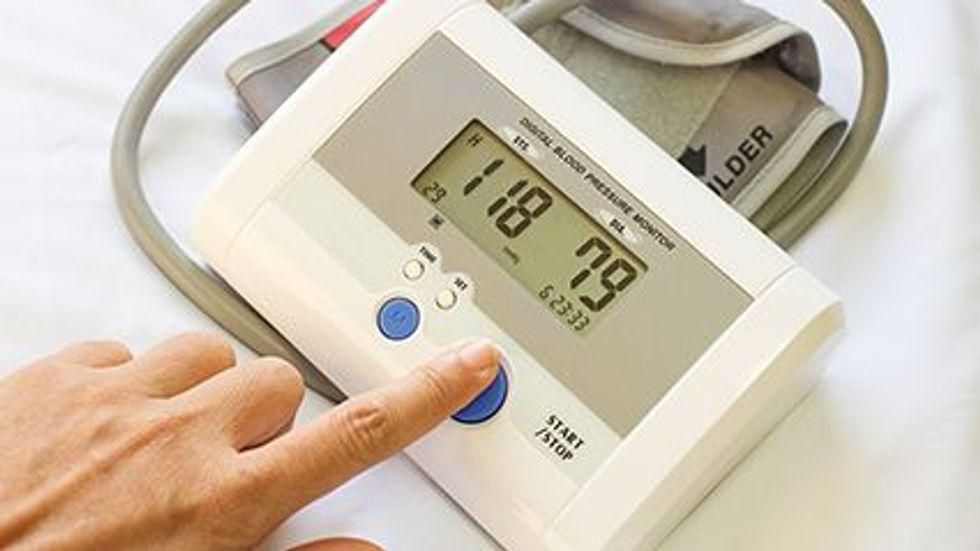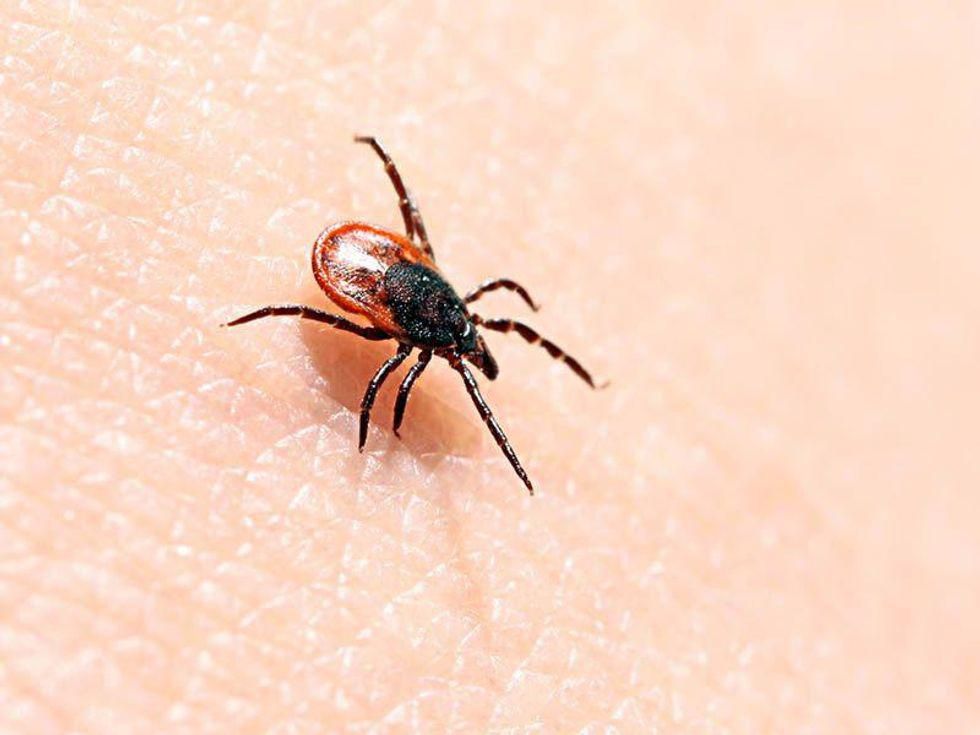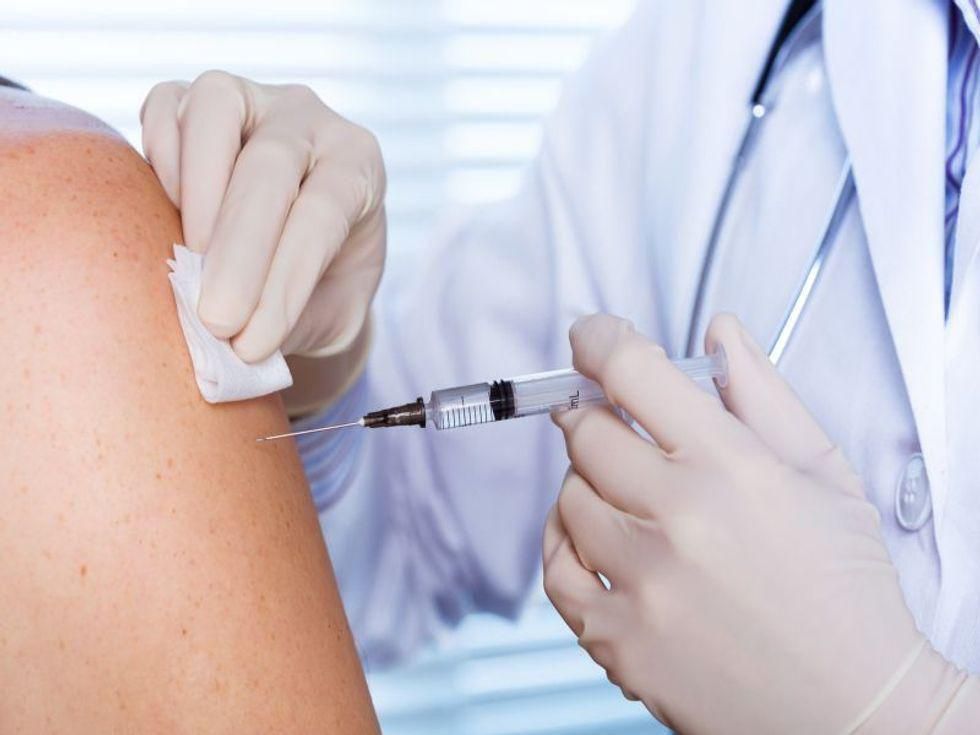
How do men and women respond to a crisis? A look at their behavior during the first COVID-19 lockdown in 2020 offers a clue: Women flocked to their phones for long conversations with a few trusted contacts. Men, chafing at being cooped up, headed out and about as soon as they could, European researchers report.… read on > read on >






























